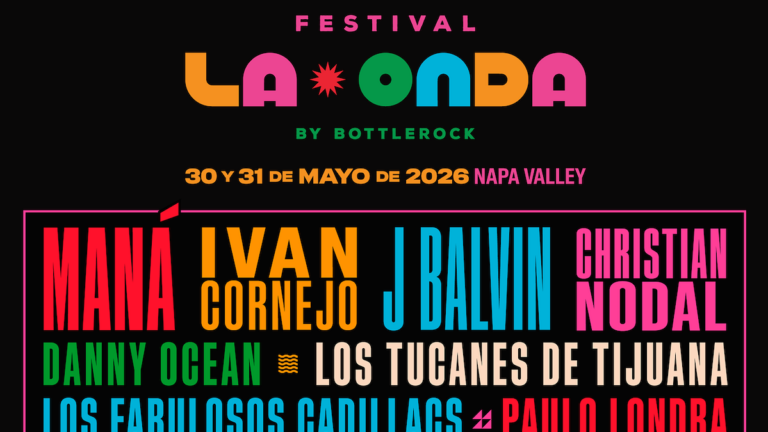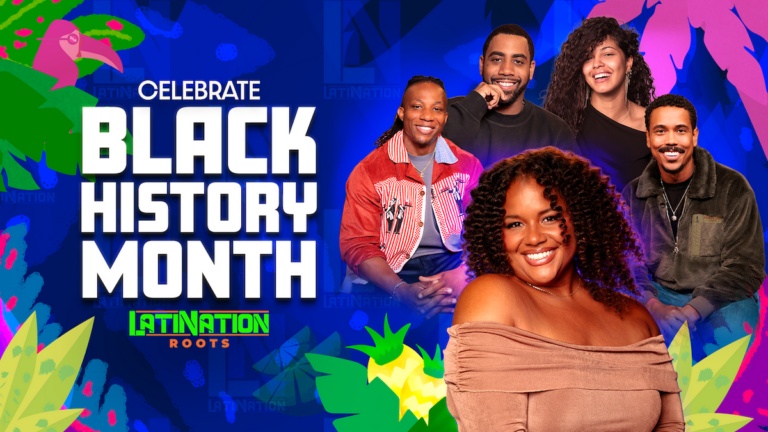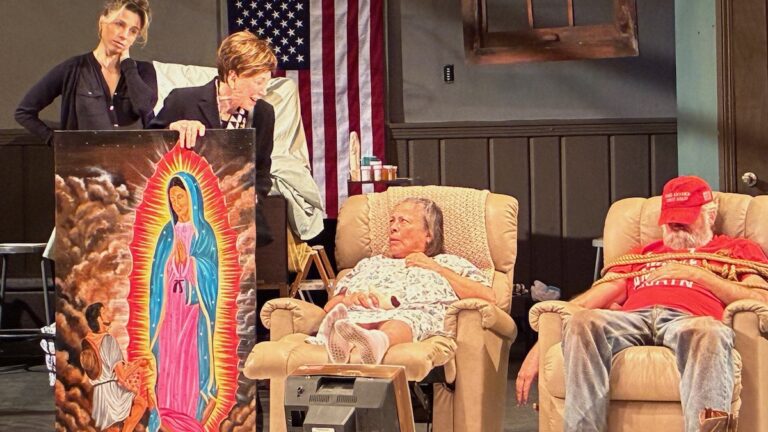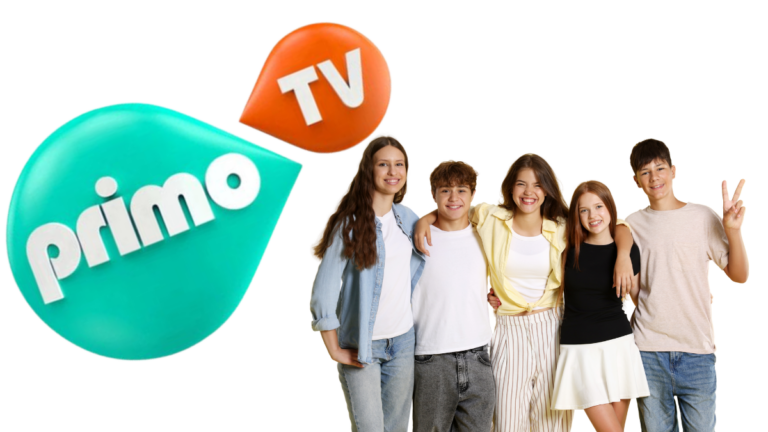By Roberto Leal
Movie Review
“In the barrio, bad things happen when the sky turns black”
That’s the opening and closing line to Ben Hernandez-Bray’s engaging superhero movie, El Chicano. That line proves to be very prophetic in the film. However, many good cinematic things happen in El Chicano, when the lights were turned off and the theater went black.
Way back in October 2016, I wrote a review for Latin Heat Magazine of the remake of The Magnificent Seven titled: Wanted: Latino Movie Heroes. In that piece, I loudly lamented the looming lack of Latino heroes in the film. Why the pathetic, pissant paucity of positive Hispanic protagonists in a film? I didn’t express it with the same alliterative flare, but you get my point. Oh, sure, Latinos portray sidekicks (Gonzales-Gonzales, Leo Carillo), often villains (El Chapo) and occasionally, an anti-hero (Danny Trejo, Machete). But never, never a straight-up, ass-kicking, name-taking, vigilante for justice superhero…until now. And, writer, director, Ben Hernandez-Bray is the right guy to bring it to life to the big screen.
Back in March, in an exclusive, in-depth interview by Elia Esparza for Latin Heat, Hernandez-Bray opened his heart, mind, soul and freely shared the personal tragedies, values, dreams and artistic vision that culminated in the genesis and eventual realization of El Chicano. When asked who his childhood superhero idols were, Hernandez-Bray replied:
“I’d have to say, Batman, Aquaman and Superman! As a result, I eventually became a big fan of ComicCon!”
That Batman influence is significant in Hernandez-Bray’s personal life and the El Chicano character. Bruce Wayne became Batman after his parents were murdered by small-time crime boss, Joe Chill. Hernandez-Bray’s brother was a victim of gang violence. His brother’s death greatly affected Hernandez-Bray’s attitude toward the importance of family. In the interview, he revealed:
“El Chicano is a superhero; he derives strength from within. His life is very symbolic of my own life. About twelve years ago I lost my younger brother to gang violence. It was a loss that hit my mother, siblings and me very hard and we struggled to get beyond our grief.”
Similarly, Diego/El Chicano, nicely played by Raul Castillo, assumes the mantle of El Chicano after the violent death of his brother. But, unlike most superheroes who derive their powers from the bite of a radioactive spider, a chemical, genetic or galactic mishap El Chicano derives his powers from within, as inspired by Hernandez-Bray’s personal story.

Hernandez-Bray’s vast experience as a stunt man and capable directing of episodic TV action, superhero shows like Arrow and Legends of Tomorrow, are plainly evident in the smart, timely staging and choreographing of the pivotal fight scenes. The fight sequences are not gratuitous and overdone set pieces, as they often are in this genre, but fold in logically with the ebb and flow of the story. Cinematographer, Juan Miguel Azpiroz’s visual style brings the East L.A. landscape to life and makes it a vital character to be reckoned with. Mitch Lee’s pulse-pounding, thumping, hip-hop soundtrack is the perfect, urban heartbeat of El Chicano.
Unlike, Danny Trejo in Machete, Raul, as Diego/El Chicano, is not a menacing or imposing physical presence. He’s the nice-looking, Mexican-American kid next door who becomes the Barrio Batman. Diego does not wear a fancy cowl and cape, like the Dark Knight. He wears a hoody and a mask. He does not drive a fancy Batmobile but opts to roar around the East L.A. streets in a hopped-up motorcycle. However, his fighting skills are the equal of any superhero currently kicking butt in the movies.
A quick shout out to a fine supporting cast. George Lopez in a surprisingly good dramatic role as Captain Gomez. Aimee Garcia is impressive as Vanessa and Marco Rodriguez as Jesus shines as the barrio shaman and Keeper of the Flame of Aztec myth and legend. The rest of the cast deliver solid, authentic, effective performances, a testament to Hernandez-Bray’s well-written script and deft directing.

In Esparza’s interview, Hernandez-Bray was asked what he wanted the audience of El Chicano to come away with after experiencing the film. Hernandez-Bray didn’t have to think about it very long:
“Telling this story became important to me. I wanted people to know no matter what your socio-economic background you come from, tragedy hits everyone, but you don’t have to stay trapped in your grief or your surroundings. You can make a better life for yourself. I hope others to get inspired by it, especially if you’re from the barrio.”
The open ending of El Chicano clearly suggests a sequel is in the future. Hernandez-Bray confirms that an El Chicano sequel is indeed in the works. We don’t know how soon the next chapter of El Chicano will come to a local cineplex near you. Just keep a sharp eye on the barrio night sky, when it turns black, El Chicano will be heard off in the distance on his motorcycle roaring back into the hood to mete out justice and open up a large can of whup ass on the bad guys who dare cross his path or mess with his family.




